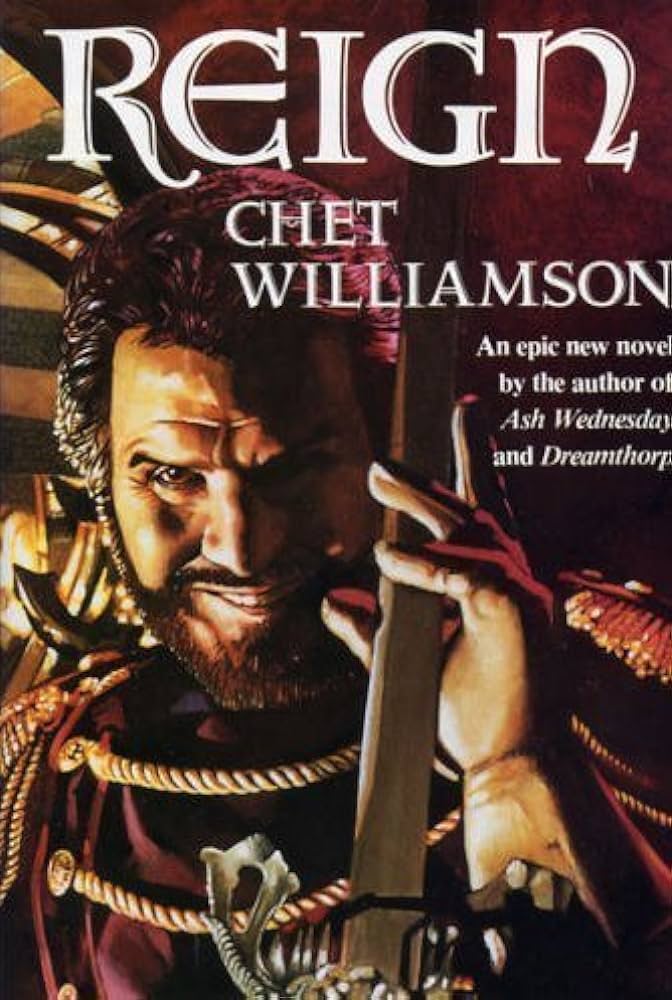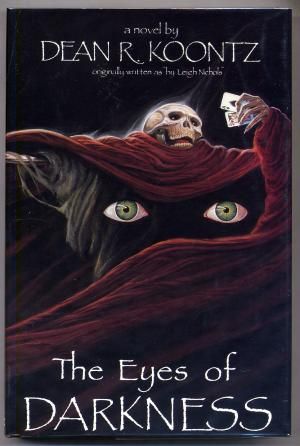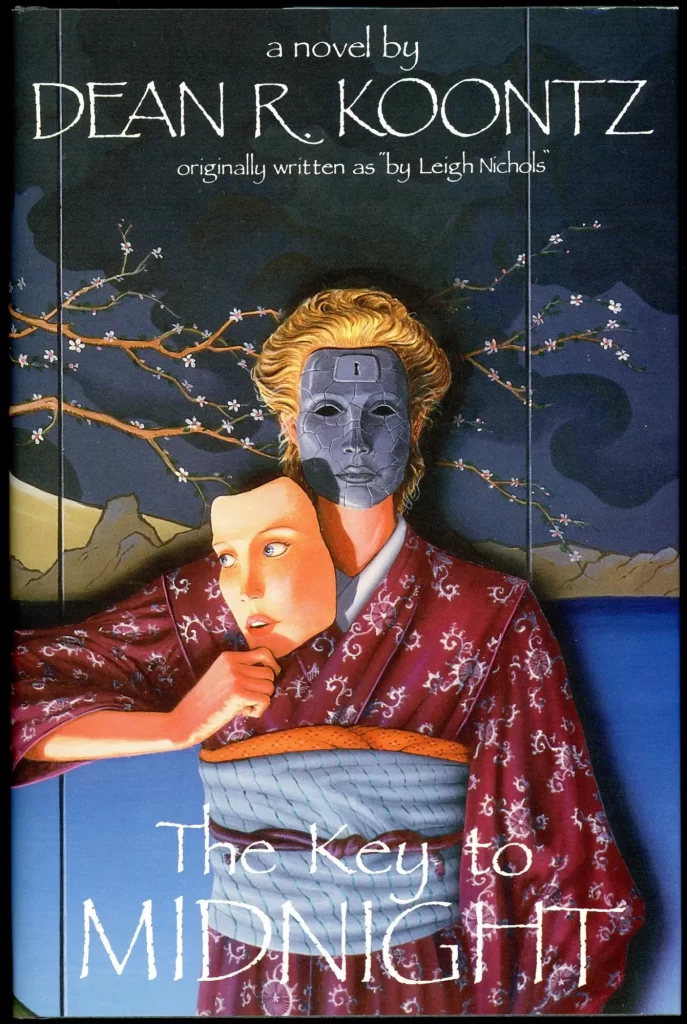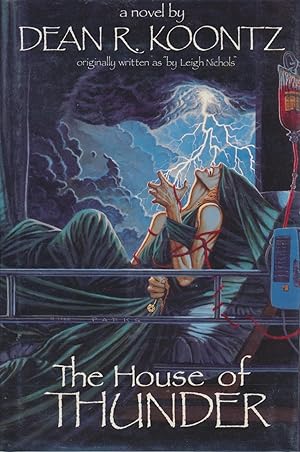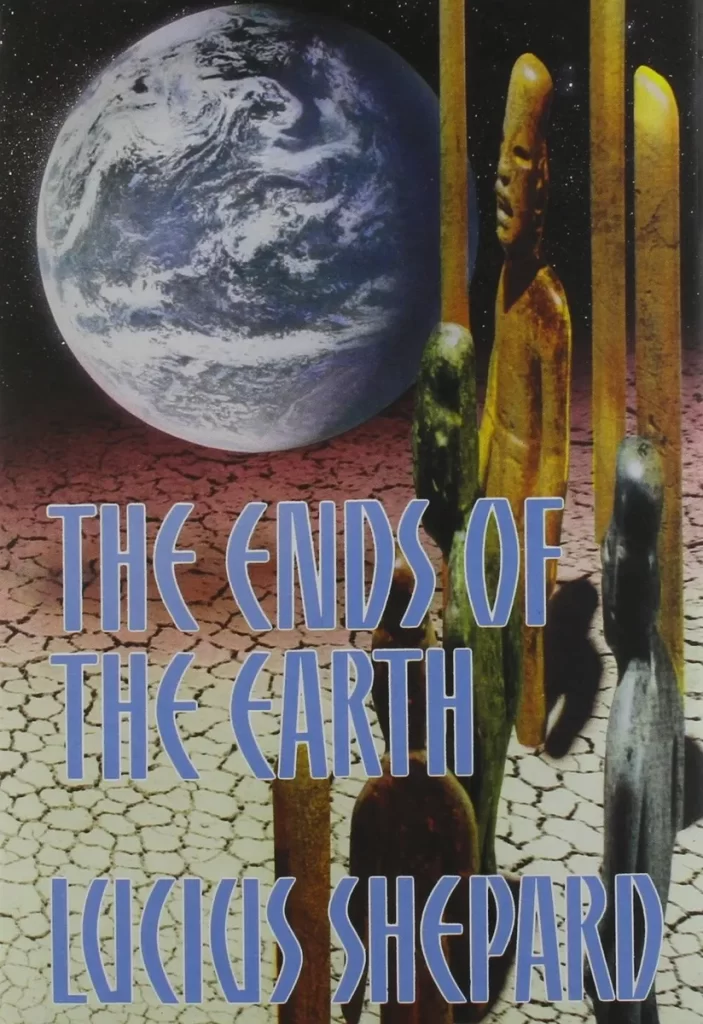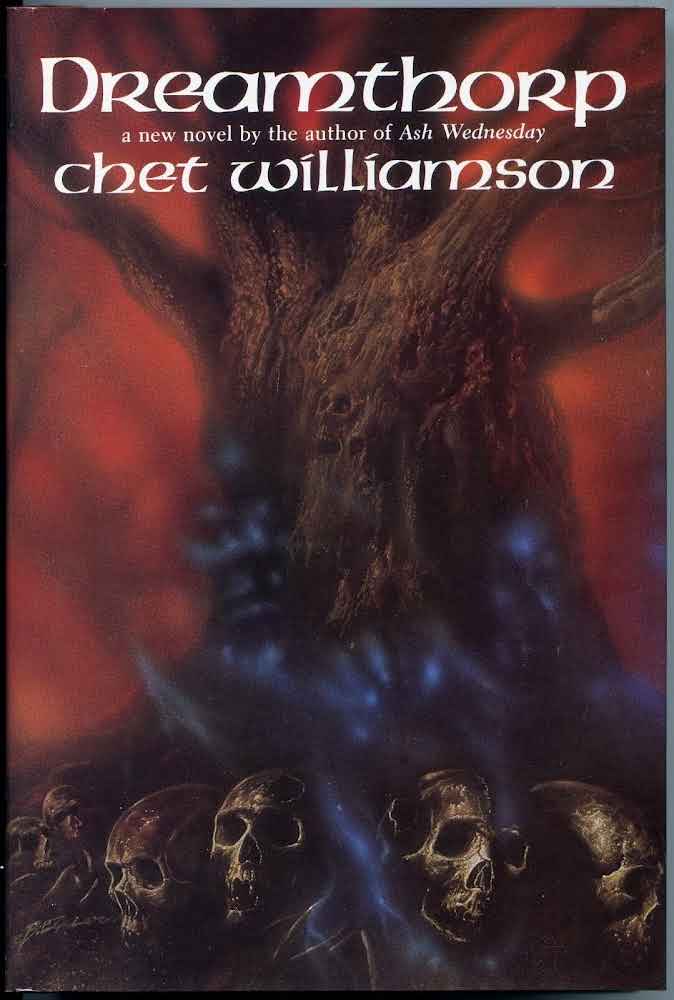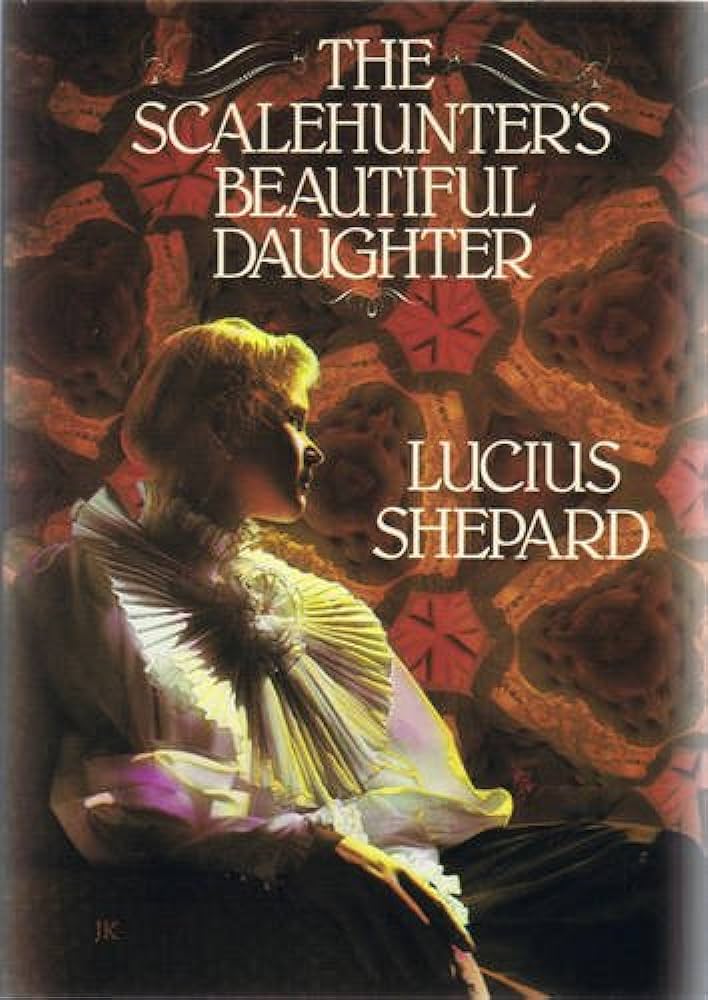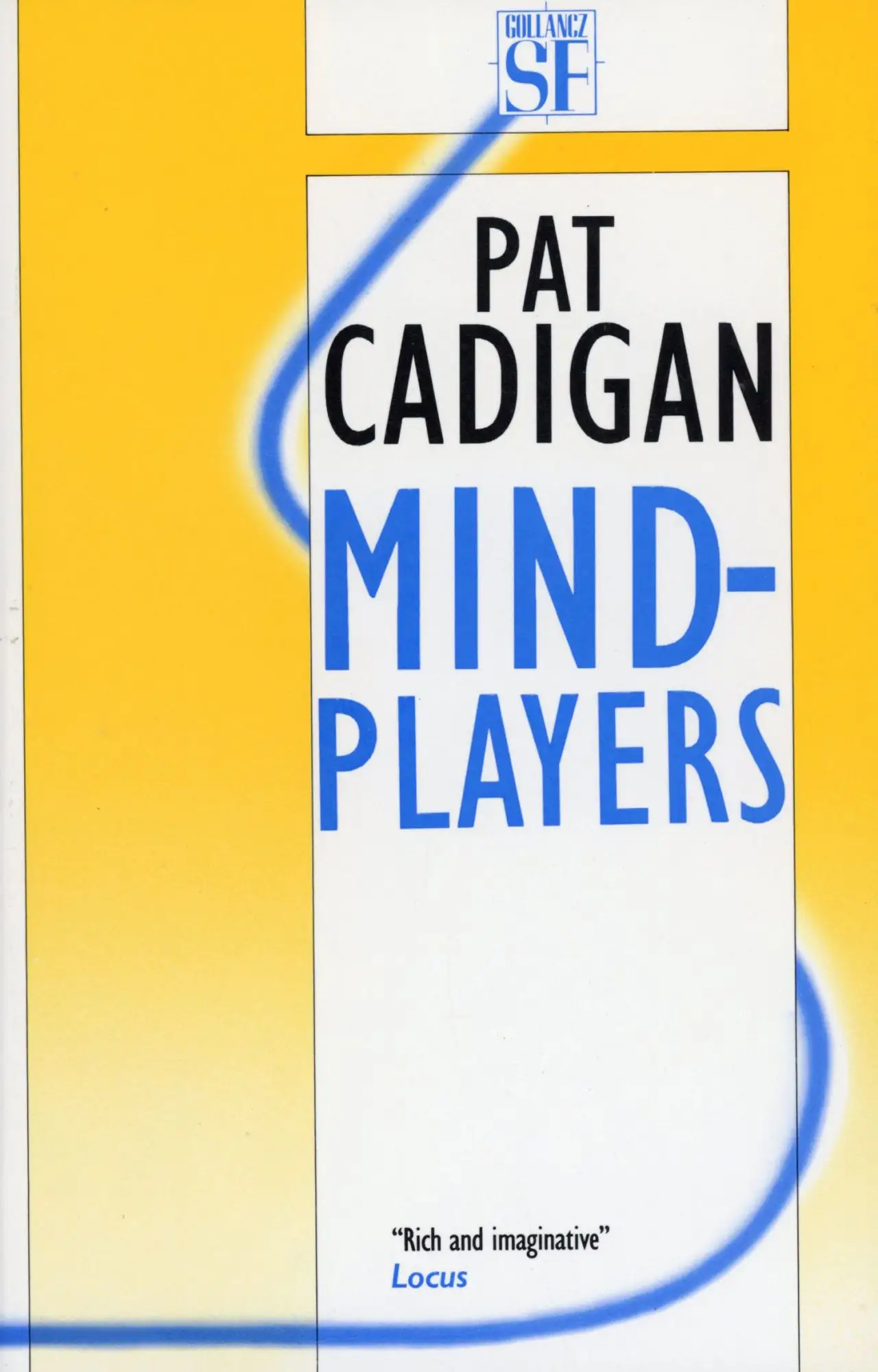A trio of FPW books, one more in the Author’s Choice Monthly series from the early 1990s by Pulphouse Publishing, and novella by Lucius Shepard.
The Void Protocol, F. Paul Wilson, Forge 2019.
Bought at near list price, this is the third book in a trilogy that started with the novel Panacea. It’s been a few years since I read Panacea, so I know little to nothing about this series. For many years I didn’t even know it was a series, as none of the follow-up novels appeared any local bookstores. Then again, with fewer options out there, at least where I live (even in one of the ten largest cities in the US), finding a copy from some authors in a local bookstore seems almost impossible. I’m not sure if I need to first re-read Panacea to get into the second and third installments. Hard to believe it’s been just a few years since I read Panacea, as I remember virtually nothing.

The God Gene, F. Paul Wilson, Forge 2018.
The second book in the trilogy with Panacea and The Void Protocol. I list them out or order as this is the order in which they arrived. Although I ordered The God Gene and The Void Protocol on the exact same day, they arrived nearly two weeks apart. Such are the vagaries of the United States Postal Service, I guess. An avid collector might have gone with the Gauntlet Press editions, but since I already had the Tor Forge copy of Panacea, I went with the mass market hardcover editions to make my set complete. I have several limited editions of FPW’s books, but I’m not super picky.
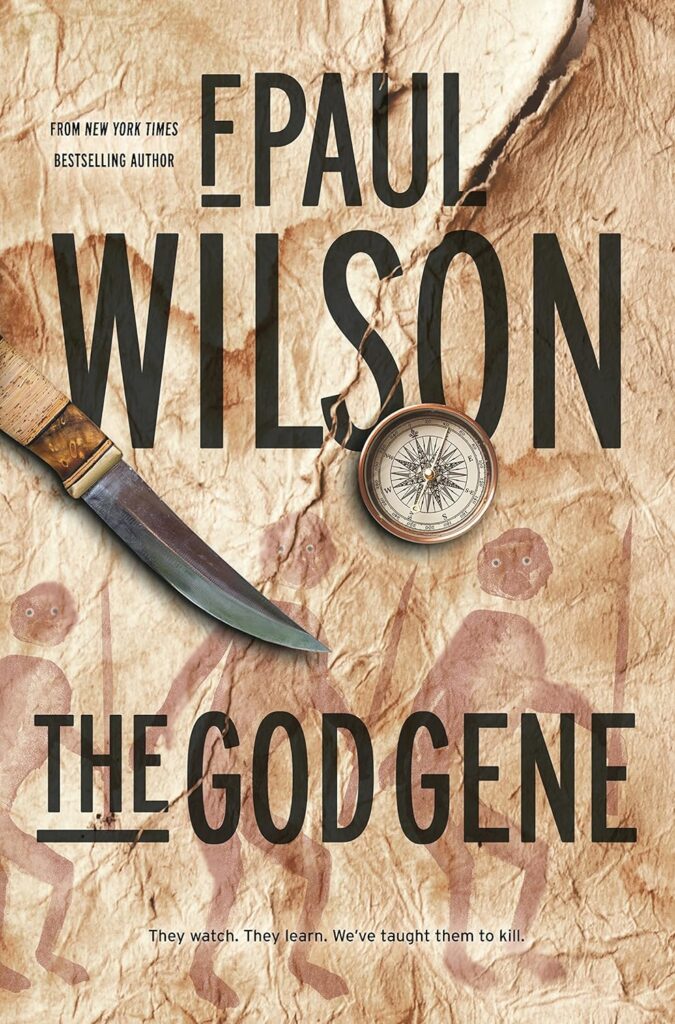
Mirage, F. Paul Wilson and Matthew J. Costello, Warner Books, 1996. Many years ago (possibly back in 1998 when it first was published and we had a decent selection of bookstores, before the internet and economic troubles crushed so many of them), I read Masque, the other collaboration between Wilson (not Abbott) and Costello.

Somehow, I never could find a copy of Mirage, a medical thriller was written before Masque. This year I finally gave up on seeing it in any used book store and bought a copy that I saw online (see above quest to acquire all F. Paul Wilson novels). This copy is signed by both Wilson and Costello. Not something I’d reject, and maybe even a bonus, plus the book’s in a great condition. Having read the first couple chapters, so far it comes across quite strongly in Wilson’s voice, although I think I can detect a difference when Costello takes a turn.
Since I recently discovered that there were a handful of F. Paul Wilson books published that I’d missed upon their initial publication, I’ve become determined to find and acquire those missing books. After these three F. Paul Wilson books, I think only four of his solo novels remain that I need to find, as well as some collaborations and other appearances.
I also picked two non-FPW books, one I’d been looking for a long time, and another that was an impulse buy.
The Father of Stones, Lucius Shepard, Washington Science Fiction Association, 1988. Lately, I’ve been reading some of Shepard’s early stories, and so I’m now keeping an eye out for titles that I don’t have. This small volume was an impulse purchase. Released in an edition of 500, this copy is number 112, signed by Shepard and slipcased. I’m sure it’s been collected somewhere in some other volume (or volumes) of his short stories, but in the meantime this was an attractive book, and sometimes you need to leave room for the simple stuff. It’s just one story, much like The Scalehunter’s Beautiful Daughter (and it’s the same size of that story when it published as a stand-along book).

Wong’s Lost and Found Emporium and Other Oddities, William F. Wu, Pulphouse Publishing, June 1992. This book is #28 in the Author’s Choice Monthly series from Pulphouse Publishing, and the second to last in the that series. It’s one that I hesitated to buy. Not because I didn’t want it, but when I started accumulating the author’s choice monthly series, I went for the unsigned paperbacks. By mistake, I bought the Charles de Lint book in hardcover. Then I bought a second in hardcover, as I could not find any copies of the paperback. I also could not find copies of William F. Wu’s book in paperback, so when I found the hardcover at a reasonable price, I thought, “Why Not?” This is strange, as far more paperback copies were supposedly printed than the hardcovers.
Maybe I’ll end up switching the 25 paperbacks in my library at some point with hardcover editions. Or, maybe the set remains uneven. Nevertheless, I now lack only one book in the series. So far, the copies I’ve seen of that title are ones with prices well outside my allotted budget. Will my collection come to a halt at 28 out of the 29 books? Perhaps. After all, how can I call myself a haphazard collector if I acquire all copies in this series?
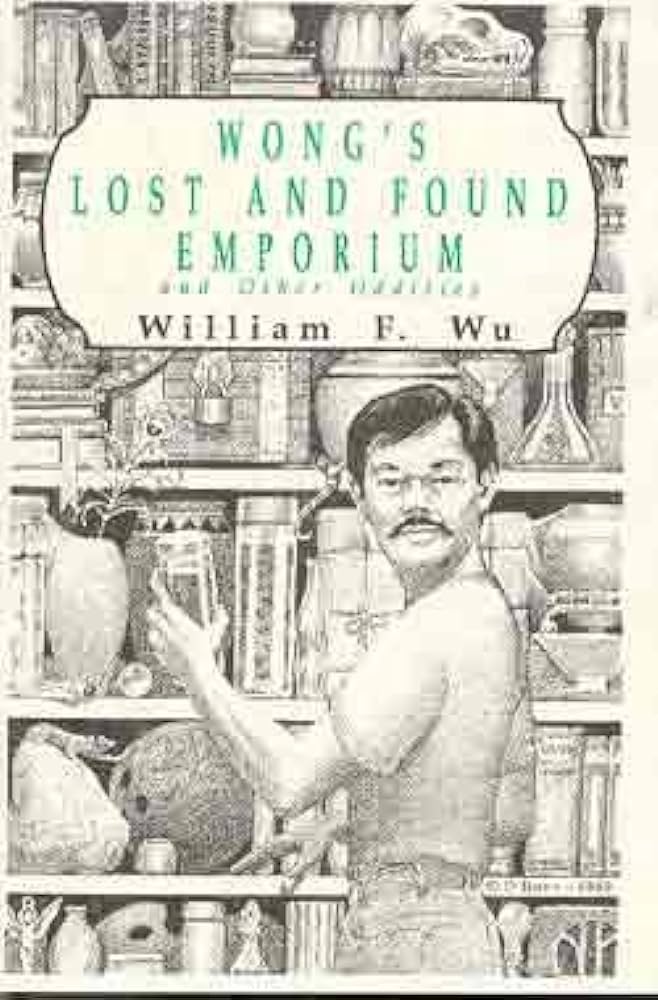
It’s interesting that Pulphouse changed the formats of its covers. Most of the books featured a prominent portrait of the the author, with some background illustrations. For the second to last and last books (Wu and Suzy McKee Charnas), there was a drastic change in the cover. And then, after those two books, the series folded, and the publisher essentially collapsed.
Could someone pick up a similar project? probably not. A monthly series with books in this format is hard for any publisher and editor to sustain. Borderlands Press, with their Little Book series, might be the only small press publisher out there who dares follow a similar format. While Pulphouse released the books in three states—paperback, hardback, and leather—each in fewer copies, Borderlands limits itself to a single format, and usually 500 copies (with a handful of exceptions). And they’ve been doing this for 20 plus years.
